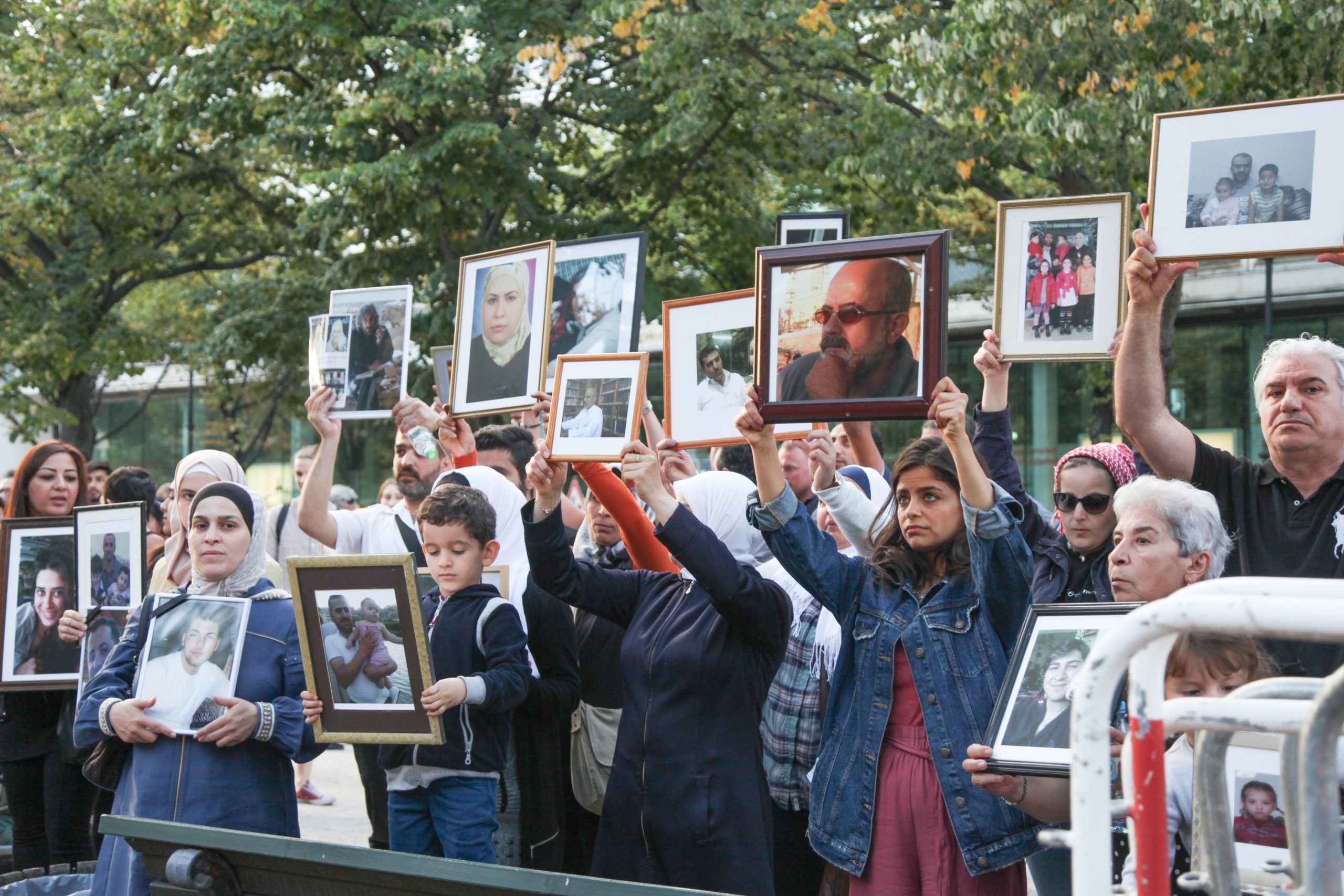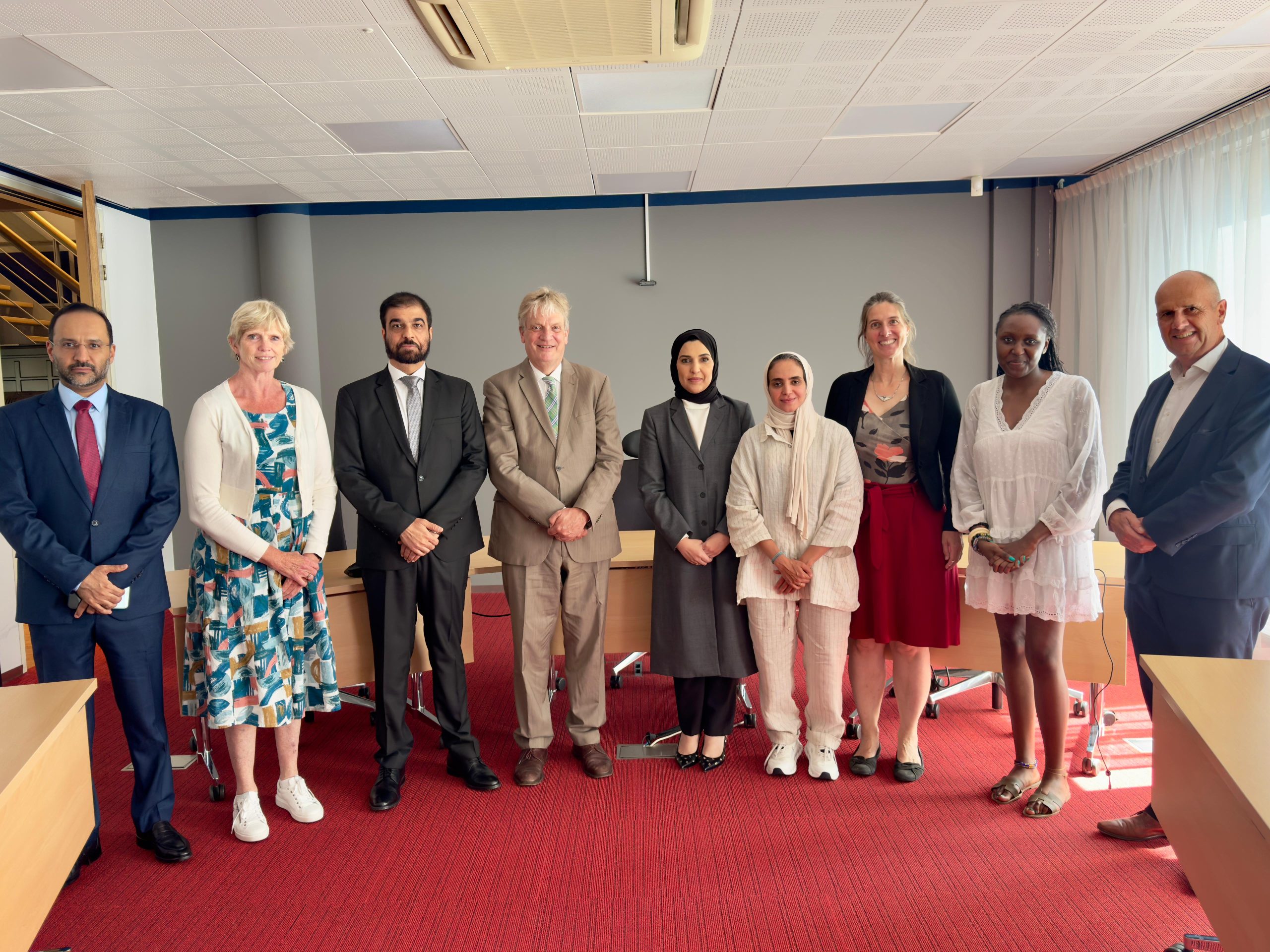
A Qatari military officer and his Emirati wife returned to a US court yesterday on charges that they abused two domestic workers by withholding their wages and passports, as well as beating one with a stick when she dug through trash in search of food.
The defense lawyer for Hassan Salem H. M. Al Homoud argued before a judge that the couple intended to pay the two victims – a woman from Bangladesh and one from Indonesia – when they returned to Qatar and that the case was actually one of cultural differences, according to the San Antonio Express-News.
Attorney Gerry Goldstein was quoted as saying people with similar social backgrounds as the victims don’t need the amenities that investigators said were missing from their accommodation, which was separate from where their sponsors lived.
He added that they are accustomed to eating on the floor, sleeping on mats and not using toilet paper in their home country.
“It’s not as horrific conditions as one might suspect,” Goldstein reportedly said. “They live in a country where this is how it is.”
Forced labor
Al Homoud, who was attending military training at a US army training camp in San Antonio, and his wife, Zainab Al Hosani, were arrested earlier this year after a local police officer found one of the women in “apparent distress.”
An investigation found that the domestic workers, who were brought to the US from Qatar by the couple when the family moved to Texas in 2014, were subjected to forced labor, according to an affidavit signed by a special agent assigned to the Immigration and Customs Enforcement division of the Department of Homeland Security.

The case illustrates how such allegations are handled differently in the US and GCC states, where domestic workers are generally not protected by national labor laws.
Earlier this year in Qatar, an Indonesian woman was hospitalized for three days after being beaten by her employer. While the Indonesian embassy in Doha said police were following the case, the victim said she was never interviewed by officers.
Instead, she spent time in a Qatar detention center after being discharged from hospital, “forgave” her employer and left the country with QR8,500 to cover unpaid wages and her plane ticket home.
Because the woman did not press charges, any form of criminal prosecution is unlikely.
Plea deal
This week, prosecutors and defense lawyers proposed a plea deal that would see Al Homoud and his wife, Zainab Al Hosani, plead guilty to visa fraud, pay US$60,000 to each of the victims and serve little to no jail time, according to the Express-News.

The report said the US government is trying to avoid putting the two victims – both of whom want to return to their families as soon as possible – through the additional trauma of a trial.
But the judge hearing the case, Orlando Garcia, was cool to the suggestion, the Express-News reported, and questioned the amount of compensation.
“$120,000? Are you kidding me?” the judge was quoted as saying. “That should be higher, much higher. I am so offended by that amount … You’d be giving the defendants almost a complete pass.”
In defending the proposed plea deal, the prosecutor reportedly said the government of Qatar had been consulted on the case and, in light of the accusations, had prohibited military officials from bringing domestic workers with them to foreign countries.
The judge said he would take the matter under advisement.
Forced labor allegations
According to an affidavit, the apartment that the two victims lived in was “virtually empty” with no furnishings, minimal toiletries and no toilet paper, linens, utensils, clothes, television, reading material or communication devices. The victims also did not have keys to the apartment.
Each morning, the women were transported from their apartment to work as housekeepers.

During the day, they were allowed to eat the family’s leftovers but tried to limit their intake of food and water because their access to the bathrooms in the house was “extremely limited and often forbidden.”
On one occasion, Al Hosani beat the Indonesian woman with a stick for digging in the trash in search of food, according to the affidavit.
The document said they were not permitted to rest inside the house and instead stayed in a portable plastic shed in the garage while they were not working during the day.
The two victims told the special agent that they had never been paid, but kept working because they had no money, no one to turn to for help and no passports. Furthermore, they said Al Hosani threatened them with jail time in Qatar if they breached their contract.
During an interview with the agent, Al Homoud admitted to holding the victims’ passports and turned over the travel documents, along with the Indonesian woman’s cell phone, to authorities. According to the affidavit, he also admitted to not paying the women.
Thoughts?







